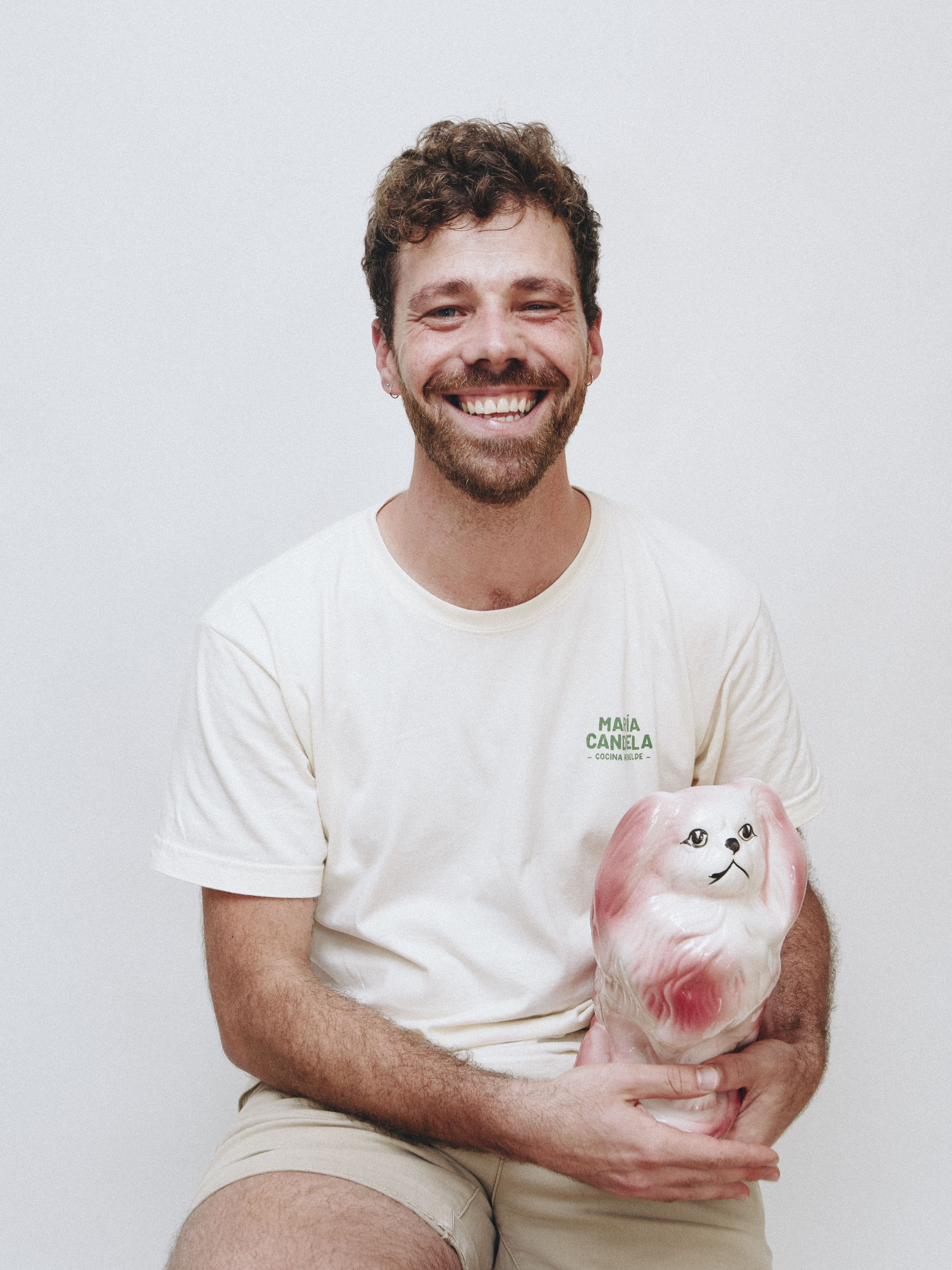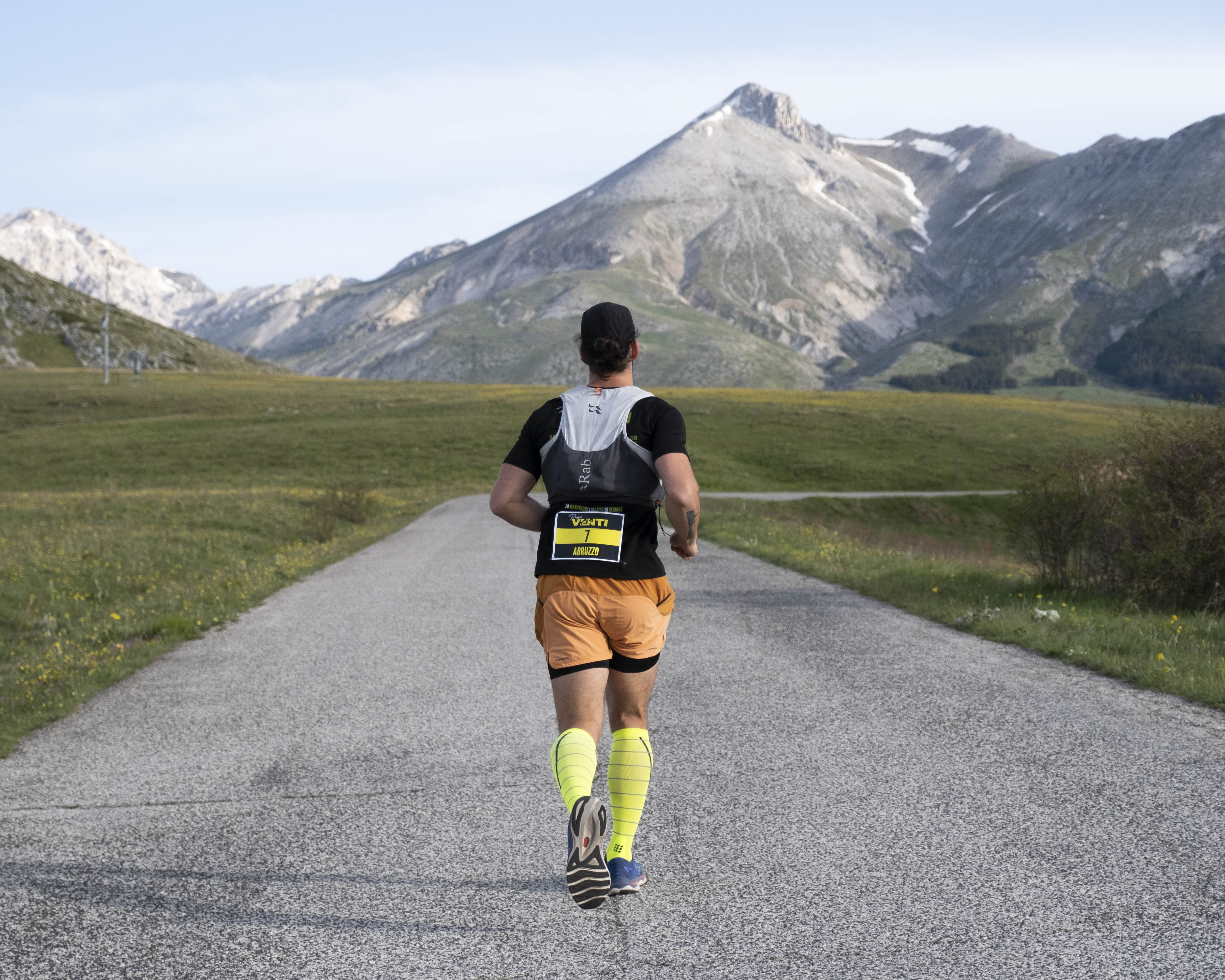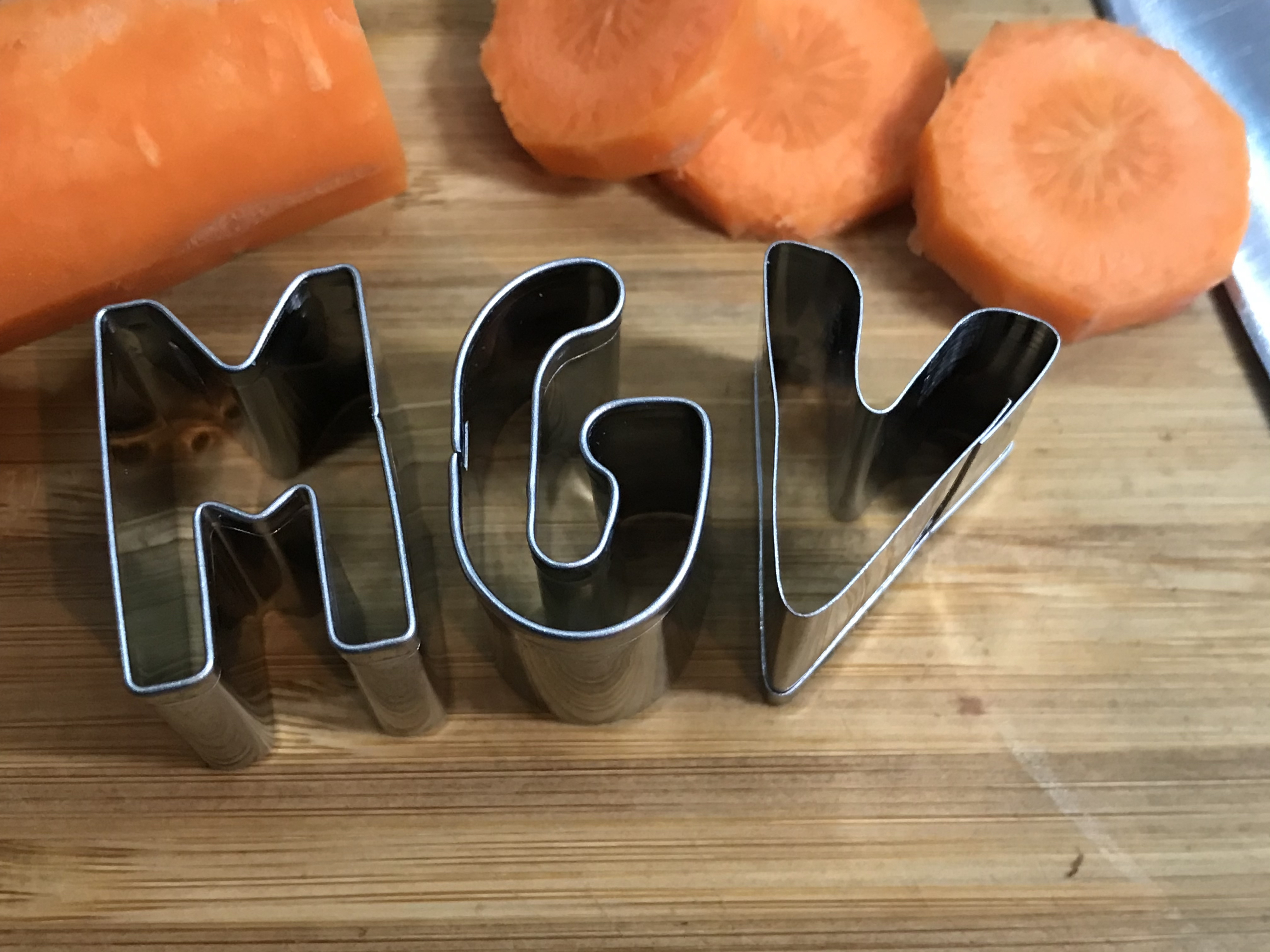The plastic brain as a new moral compass
Anyone who walks into a bookstore cannot miss it. The shelves are full of popular scientific books about our brain. They offer a wealth of useful knowledge, from insights into the adolescent brain to tips for keeping the aging brain healthy. Our brains are not only an exciting area of research, but it also seems more and more that they influence how we think we should live. Ties van de Werff (FASoS) devoted his PhD research to this.
The increase in knowledge about the brain in recent years has been revolutionary. But has neuroscience also brought revolutionary changes in our moral and ethical conduct? That question was asked by cultural philosopher Ties van de Werff and was applied to three important periods in our lives: our upbringing, work and aging. “Actually, those self-help books by neuroscientists not only cover the brain; they also have to do with virtue ethics”, says Van de Werff. “According to these authors, our brain determines to a large extent what a good life is. That in itself is not bad, but brain researchers should take that ethical side more into account.”
Good upbringing
Van de Werff studied, among other things, how knowledge of the adolescent brain translates into parenting advice for parents. The development of the brain during the period of adolescence is unique according to leading neuroscientists. After all, the pubescent brain is not yet fully grown. Typical ‘adolescent behaviour’—which is sometimes rebellious and rather impulsive—can be explained to a large extent. Modern parenting advice therefore advocates giving adolescents the space they need. At the same time, parents must set clear boundaries and be strict where necessary. “These seem to be new insights, but you can also find this kind of advice in the famous baby and childcare bible by Dr. Spock”, says Van de Werff. “In fact, even the ancient Greeks saw puberty as a period that needs special attention in terms of parenting. Plato and Aristotle, for example, both described the period between ages 14 and 21 as ‘a stage in life characterized by the struggle between the passions and the slow establishment of reason’. In short, modern parenting advice based on the adolescent brain is not new at all—only now it is substantiated by referring to the plastic brain.”


Ties van de Werff (37) studied health sciences, cultural sciences, and science and engineering studies at Maastricht University. He is active at the interface between science and culture, and with his partner, Dorien van den Hurk, he founded Tante Netty, an Eindhoven-based collective of artists and designers who work with residents on the development of their neighbourhoods.
In connection with his PhD, Van de Werff is now conducting experimental research into engagement and public participation in classical concerts, in collaboration with the South Netherlands Philharmonic.
Good work
Work is a next phase of life in which the plastic brain plays a major role. In today's society, work is a pivotal point in the lives of many adults; it offers income, gives structure to the day, creates social status and is a welcomed conversation topic during drinks and at parties. When it comes to this, we do not come across the old Greeks because they were absolutely not fans of the concept of work. Self-discipline was a virtue of vital importance to many Greek philosophers, but work was not; that was for slaves. “At this point, self-help books by neuroscientists refer back to Buddhism”, Van de Werff says. “Many people experience stress at work. Mindfulness is currently the magic word for dealing with it.” With the help of neuroscience, meditation is first stripped of its Buddhist roots. Brain coaches then recommend mindfulness as brain training, a cure for stress and a source of creativity. And not only that—a mindful brain also paves the way for a social work culture and a better balance between work and private life. “Well, this is a pretty neo-liberal window dressing”, says Van de Werff. “For stress at work, there is a very suitable solution for every individual. And that apparently lies in brain training. Then you view the problem of stress at work very individualistically; this is in line with a way of thinking in which working people are primarily factors of production. In any case, in the mindfulness approach I don’t really see adaptation of the workload as a possible solution to the problem.”
Good aging
Neuroscientists also stir the pot when it comes to aging. From brain gymnastics to training for a marathon at an old age, everything is done in order to keep the brain healthy, helping to prevent neurodegenerative diseases through lifestyle changes and keeping you feeling forever young. “However, that hopeful piece is only one side of the story of aging”, says Van de Werff. “Illness, suffering, dealing with one’s fate, and ultimately death are parts of aging that you see little of in the self-help books by neuroscientists.” Is the knowledge of the plastic brain a modern panacea? It is not that bad now, Van de Werff finds. “Popular books about the plastic brain are simply about how we have to exercise to live well. This is actually virtue ethics, and that is valuable. The Greeks dealt with this using philosophy; we now fall back on the plastic brain. In this sense, the brain is made valuable for what we already know. And neuroscientists might occasionally be able to account for this a little more. Facts about the brain don’t speak for themselves. Ultimately, valorisation of knowledge, assigning value, also has to do with ethics.”
Also read
-
As a toddler, Pieter du Plessis couldn’t stay away from the kitchen. He later entertained the idea of becoming a chef—until his dream faltered under the harsh light of reality. Now a PhD candidate at Maastricht University, he uses national dishes as a lens to examine South Africa’s past and identity...
-
Alumnus Alessandro Portante is running twenty marathons in twenty days across the twenty regions of his home country Italy, a challenge he calls Project Venti.
-
For a casual way to explore tasty plant-based cuisine in good company, you may want to check out Maastricht goes Vegan, a non-profit cooking event. Werner Teeling of the Faculty of Psychology and Neuroscience is one of the organisers.


